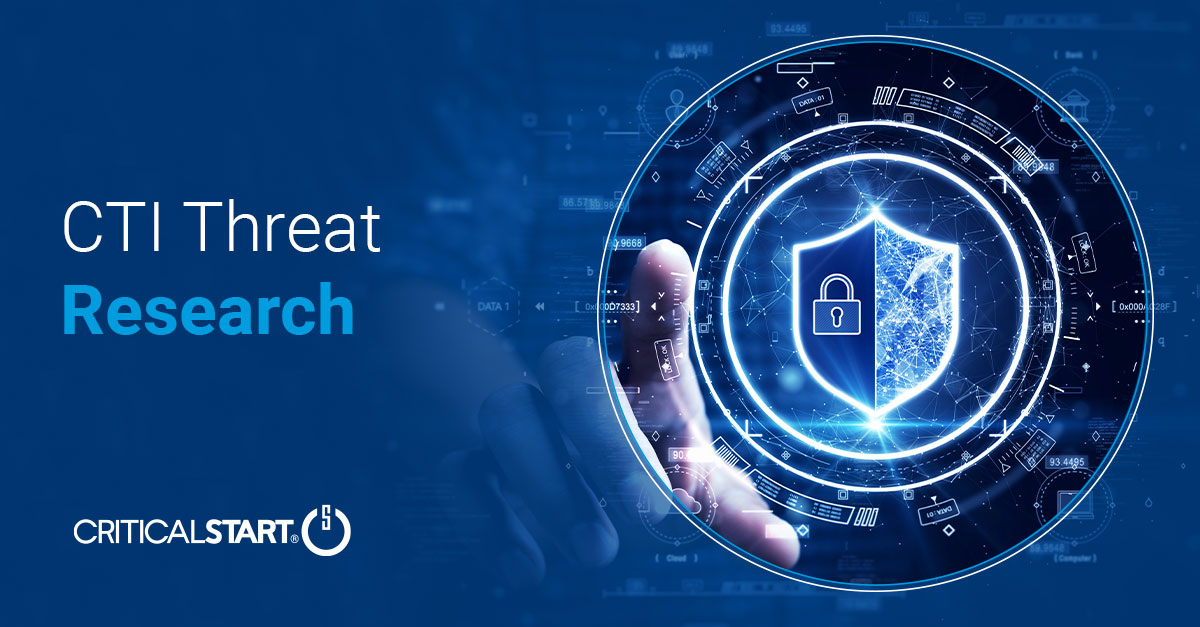The Landscape of Insider Risks

Background
The realm of cybersecurity threats has experienced substantial transformation in recent years. While external menaces like hackers and malware continue to command attention, organizations are increasingly acknowledging the vulnerabilities that reside within their own domains. Often underestimated, cyber insider risks carry the potential for consequences as devastating as external threats. In a contemporary environment where data security and privacy reign supreme, the threat landscape has broadened to bring into focus a lesser-discussed yet equally substantial danger – insider risks. Organizations must familiarize themselves with the nuances of insider risks, comprehending their implications, costs, and the essential strategies for effective management.
Introduction
Insider risks encompass a wide spectrum of vulnerabilities that lurk within an organization. These risks extend beyond the realm of malicious intent, also encompassing negligence, errors, and a lack of awareness. They emanate from individuals within an organization who hold privileged access to sensitive information and systems, potentially jeopardizing security. This comprehensive definition offers a clear picture of the multifaceted challenge. Below provides an understanding of the insider risks landscape.
- Soaring Costs: Insider risks now impose a substantial annual burden of $16.2 million on organizations, marking a significant 40% increase over the past four years. These costs encompass a wide array of financial implications, ranging from data breaches to operational disruptions.
- Prolonged Incident Duration: Managing insider incidents proves to be a protracted ordeal, with an average duration of 86 days. The financial burden intensifies further when this duration extends to 91 days, reaching a formidable $18.3 million. This extended timeline underscores the complexity of dealing with insider risks and their extensive consequences.
- Budget Allocation: One of the most notable revelations pertains to the budget allocation for insider risk management. Alarmingly, a mere 8.2% of annual IT security budgets are allocated for managing these risks, with a staggering 91.2% of this allocation directed toward post-incident activities. This historical approach highlights the pressing need for a significant strategic shift.
- Reputation Damage: Data breaches and insider incidents erode trust in an organization. Customers, partners, and stakeholders lose confidence, potentially leading to a loss of business further impacting an organizations financial hardship.
Mitigation Factors
Mitigating cyber insider risks requires a comprehensive approach that blends technology, policies, and culture. Here are some strategies to consider:
- Access Control: Implement strict access controls and privilege management. Ensure that employees only have access to the data and systems required for their roles.
- User Activity Monitoring: Employ monitoring solutions that track user behavior, flagging unusual or suspicious activities.
- Education and Training: Regularly educate employees about cybersecurity best practices, the risks of insider threats, and how to recognize potential threats.
- Incident Response Plan: Develop and test an incident response plan that outlines how to address insider incidents swiftly and effectively.
- Security Policies: Enforce robust security policies that govern data handling, password management, and acceptable use of company resources.
- Cultivate a Culture of Trust: Building a corporate culture that fosters trust and encourages employees to report suspicious activities without fear of retribution is crucial.
- Implement Data Loss Prevention (DLP) Tools: DLP tools can help prevent sensitive data from being mishandled or inappropriately shared.
Conclusion
The substantial financial and time-related challenges linked to insider risks come to the forefront. It emphasizes the urgent need for a shift in resource allocation, endorsing a proactive, human-centric strategy for effective risk management and mitigation. In the ever-evolving landscape of cybersecurity, insider risks are an increasingly pressing issue for organizations. Recognizing the potential harm stemming from both malicious and non-malicious insiders is the first crucial step in addressing this challenge. By combining technology, policies, and educational efforts strategically, organizations can significantly enhance their capacity to withstand cyber insider risks and fortify their defenses against this concealed threat.
__________________________________________________________________________
CRITICALSTART® offers a pioneering solution to modern organizational challenges in aligning cyber protection with risk appetite through its Cyber Operations Risk & Response™ platform, award-winning Managed Detection and Response (MDR) services, and a dedicated human-led risk and security team. By providing continuous monitoring, mitigation, maturity assessments, and comprehensive threat intelligence research, they enable businesses to proactively protect critical assets with measurable ROI. Critical Start’s comprehensive approach allows organizations to achieve the highest level of cyber risk reduction for every dollar invested, aligning with their desired levels of risk tolerance.
References
RESOURCE CATEGORIES
- Buyer's Guides(1)
- Consumer Education(39)
- Consumer Stories(2)
- Cybersecurity Consulting(4)
- Data Breaches(15)
- Data Privacy(43)
- Incident Response(2)
- Interview(51)
- MDR Services(59)
- MobileSOC(6)
- News(5)
- Press Release(101)
- Research Report(9)
- Security Assessments(2)
- Thought Leadership(19)
- Threat Hunting(3)
- Video(1)
- Vulnerability Disclosure(1)
